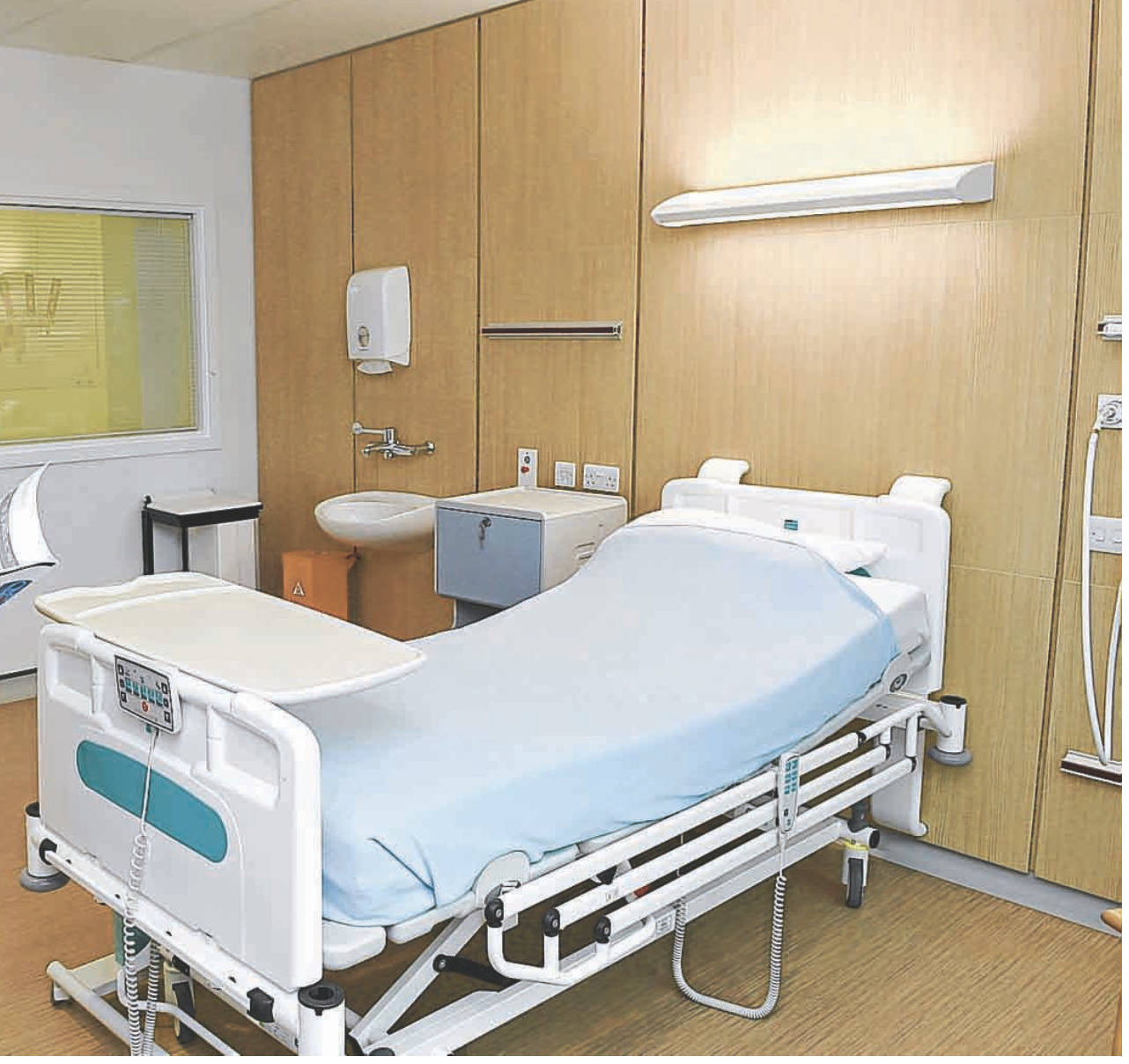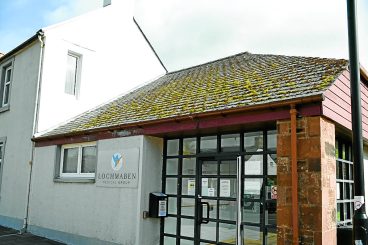NHS Dumfries and Galloway has made strides in reducing its environmental impact – reducing building energy emissions and landfill waste.
This progress is set out in its annual Climate Emergency and Sustainability Report, as the organisation works towards achieving net zero status by 2040.
Energy and sustainability manager Dean McLean said: “Sustainability is at the heart of what we do, and we are making real progress in reducing our carbon footprint.
“It is important to recognise the reductions we have achieved in building energy use, fleet emissions, and waste management. These efforts reflect our continued drive toward a more sustainable future.”
Heating and powering the NHS estate remain the most significant sources of emissions, accounting for 73 per cent of the total.
Despite the inclusion of new emissions data related to business travel, the NHS fleet recorded a reduction in emissions. This positive outcome was achieved through the adoption of more efficient and environmentally friendly vehicles, coupled with a reduction in total miles travelled.
In another positive development, NHS Dumfries and Galloway successfully reduced the overall waste it produced.
Dean added: “Every improvement, no matter how small, contributes to our overall goal of reducing emissions and operating in a way that protects both the environment and public health.”
























